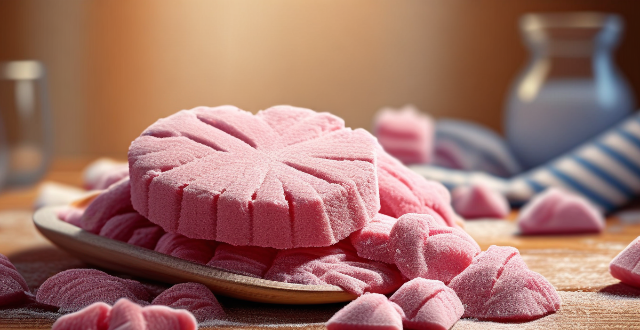Macarons are a quintessential French sweet treat due to their origins, precise recipe requirements, variety, elegance, and cultural significance. They were perfected by the French in the mid-19th century and have become a staple in French patisseries. Despite the simplicity of the ingredients, making macarons requires precision and skill, which is emblematic of French culinary traditions. Macarons come in a wide range of colors and flavors, allowing for creativity and customization. Their small size and elegant appearance make them perfect for an afternoon tea or a light dessert. In France, baking is considered an art form, and the craft of making macarons is no exception. They are often given as gifts during special occasions, reflecting the French tradition of giving thoughtful, beautiful presents. Overall, macarons are not just a sweet treat but a representation of the beauty and refinement associated with French cuisine.

What Makes Macarons a Quintessential French Sweet Treat
Macarons are not only a sweet treat but also a symbol of French culture and elegance. The following are some reasons why macarons are considered a quintessential French sweet treat:
1. Origin
- French Creation: Macarons were first created in the late 16th century in Italy, but they were perfected by the French in the mid-19th century.
- Patisserie Classic: They have become a staple in French patisseries and are now recognized worldwide as a French delicacy.
2. Recipe
- Simple Ingredients: The basic ingredients for macarons are simple: almond flour, powdered sugar, egg whites, and food coloring for the shells, and buttercream or ganache for the filling.
- Precision Baking: Despite the simplicity of the ingredients, making macarons requires precision and skill, which is emblematic of French culinary traditions.
3. Variety
- Colorful and Customizable: Macarons come in a wide range of colors and flavors, allowing for creativity and customization that appeal to all tastes.
- Seasonal Variations: They are often made to match seasonal flavors and holidays, such as lavender for spring or pumpkin spice for autumn.
4. Elegance
- Dainty Appearance: With their smooth, domed tops and ruffled feet, macarons have an elegant appearance that reflects French sophistication.
- Petite Size: Their small size makes them perfect for an afternoon tea or a light dessert, adding to their charm and desirability.
5. Cultural Significance
- Artistic Value: In France, baking is considered an art form, and the craft of making macarons is no exception. They are often displayed like pieces of art in bakeries and shops.
- Gift Giving Tradition: Macarons are frequently given as gifts during special occasions, reflecting the French tradition of giving thoughtful, beautiful presents.
In conclusion, macarons epitomize French culture through their origins, precise recipe requirements, variety, elegance, and cultural significance. They are not just a sweet treat but a representation of the beauty and refinement associated with French cuisine.